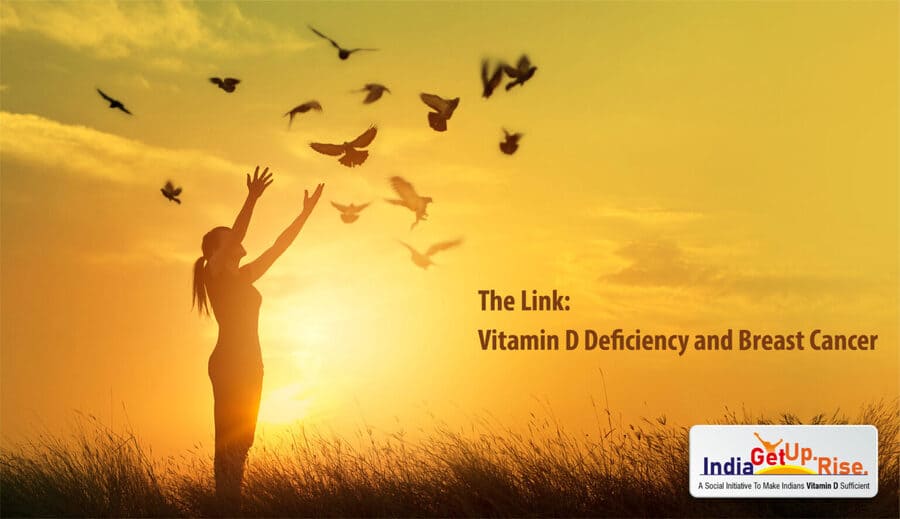- Researches have been hypothesizing that vitamin D is associated with reduced risk of cancer. The same has been proved in various pre-clinical studies Vitamin D may decrease tumor invasiveness and the propensity to metastasize, leading to a reduced rate of death from cancer. (Feldman D, 2014) Among patients with cancer, higher 25-hydroxyvitamin D levels at diagnosis or treatment have been linked to longer survival. (Keum N, 2014)

- Observational studies suggest that vitamin D may confer greater protection against death from cancer than against the initial development of clinically evident cancer, albeit with benefits with regard to both end-points, with the strongest inverse relationships between 25-hydroxyvitamin D levels and colorectal cancer. (Bauer SR, 2013) (Mondul AM, 2017)

- To confirm the same randomized controlled trials for testing the effect of Vitamin D in cancers were performed. A trial performed to evaluate the role of vitamin D and Omega 3 trial (VITAL Trial) (Manson, 2019). A secondary analysis of the randomized, double-blind, placebo-controlled, 2 x 2 factorial VITAL clinical trial of daily high-dose vitamin D supplementation for 5 years was done. It suggested that supplementation with vitamin D reduced the incidence of advanced cancer in the overall study population of adults without a diagnosis of cancer at baseline, with the strongest risk reduction seen in individuals with normal weight.
- Vitamin D and breast cancer- It is believed that circulating Vitamin D has capability to prevent the proliferation of breast cells. Vitamin D is suggested to be chemo-preventive and can restrict the growth of cancerous cell. High concentrations of vitamin D have been shown to be protective against neoplastic changes induced by chemical carcinogenesis (Puente-Yagüe M, 2018). A recent publication by Breast Cancer Organization recommends the use of Vitamin D supplements for reducing the risk of breast cancer risk. (Risk of breast Cancer , 2021)
- Although studies that are more stringent are required to determine the exact dose and duration of Vitamin D for risk prevention and treatment, the data from various studies still suggest that high Vitamin D levels are associated with a better prognosis and prevention. Regular monitoring and supplementation should be encouraged in women with risk factors or established cancer diagnosis, since Vitamin D supplementation is a far less toxic and cheaper option to be explored as compared to rest of the anti-cancer therapies.
References
Bauer SR, H. S.-J. (2013). Plasma vitamin D levels, menopause, and risk of breast cancer: dose-response meta-analysis of prospective studies. . Medicine (Baltimore) , 92:123-131.
Feldman D, K. A. (2014). The role of vitamin D in reducing cancer risk and progression. . Nat Rev Cancer , 14:342-357.
Keum N, G. E. (2014). Vitamin D supplements and cancer incidence and mortality: a meta-analysis. . Br J Cancer , 111:976-980.
Manson, J. (2019). Vitamin D Supplements and Prevention of Cancer and Cardiovascular Disease. N Engl J Med, 380:33-44.
Mondul AM, W. S. ( 2017). Vitamin D and cancer risk and mortality: state of the science, gaps, and challenges. . Epidemiol Rev, 39:28-48.
Puente-Yagüe M, C.-C. M.-C.-C.-Y. (2018). Vitamin D: And its role in breast cancer. Kaohsiung J Med Sci., 34(8):423-42.
Risk of breast Cancer . (2021, April 21). Retrieved from BreastCancer.Org : https://www.breastcancer.org/risk/factors/low_vit_d

